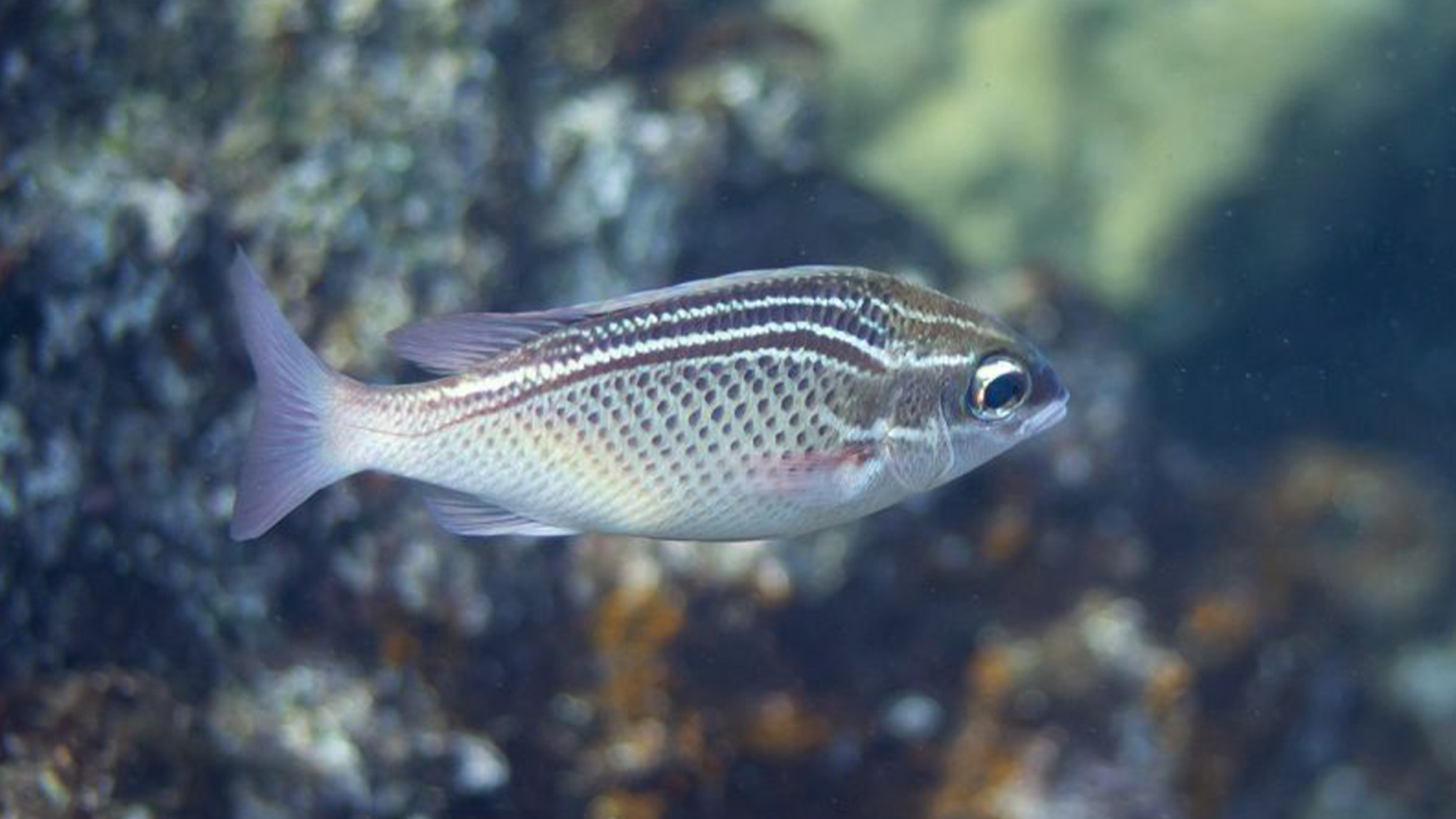

As Earth’s oceans continue to heat up, an international team of scientists have pinpointed some unexpected ways that coral reef fish living in the Arabian/Persian Gulf have adapted to survive in extreme temperatures. Changes in both metabolism and swimming abilities appear to help these fish live in some of the hottest waters on the planet, according to a study published July 1 in the journal Nature Communications.
The warmest of the warm
In May, the average daily global sea surface temperature hit a new all-time high of 69.67 degrees Fahrenheit. Not only was this an all time high, but it was the 14th consecutive month of record warm water. This excess heat can help tropical storms rapidly intensify, bleach coral, and wreak havoc on other marine life.
In the Arabian Gulf, sea surface temperatures already range from 75 to 90°F in the Strait of Hormuz, to 60 to 90°F in the extreme northwest of the gulf. It’s home to several reef fish, whale sharks, and the spotted blue ray among other marine life. Here, the typical summer water temperatures are already comparable to worst-case ocean warming projections for many other tropical coral reefs around the world by 2100.
[Related: Some Pacific coral reefs can keep pace with a warming ocean.]
Additionally, the increased warming of our oceans is anticipated to affect both marine life and the fishing industry. Some current scientific models predict that coral reef fishes could shrink in size by 14 to 39 percent from increasing temperatures due to climate change.
“The hottest coral reefs in the world are an ideal natural laboratory to explore the future impact of rising water temperatures on fishes,” study co-author and New York University Abu Dhabi marine biologist John Burt said in a statement.
Shrinking fishes?
In the study, the team looked at two reef fish species Lutjanus ehrenbergii and Scolopsis ghanam. They compared fish living in reefs in the Arabian Gulf with those of a similar age who live in the cooler and less harsh conditions in the nearby Gulf of Oman. They looked across water temperatures of 80, 88.7, and 95.9°F, and set out to determine what qualities help the Arabian Gulf’s reef fish survive.
Initially, the team expected that the maximum size of the fishes should be reduced due to the limitations of metabolic oxygen-supply in such warm water. Surprisingly, these fish didn’t follow the leading theoretical predictions. They could maintain an oxygen supply efficient enough to fuel performance even at such elevated temperatures.
[Related: Earth’s oceans are getting hotter and saltier than ever before in human history.]
The findings challenge the idea that oxygen supply limitations of the “shrinking of fishes phenomenon.” This prevailing idea holds that warmer waters lead to smaller fish. Both species in this study did not follow that pattern, which suggested there could be other factors at play. The team proposes a new theory that the decrease in fish sizes and their survival in increasingly warm oceans may be more closely related to an imbalance between the amount of energy fish species can obtain and how much they need to sustain themselves.
“Our findings indicate that some fish species are more resilient to climate change than previously understood and help explain why smaller individuals are evolutionarily favored at high temperatures,” said Burt. “This has significant implications for our understanding of the future of marine biodiversity in a continuously warming world.”
